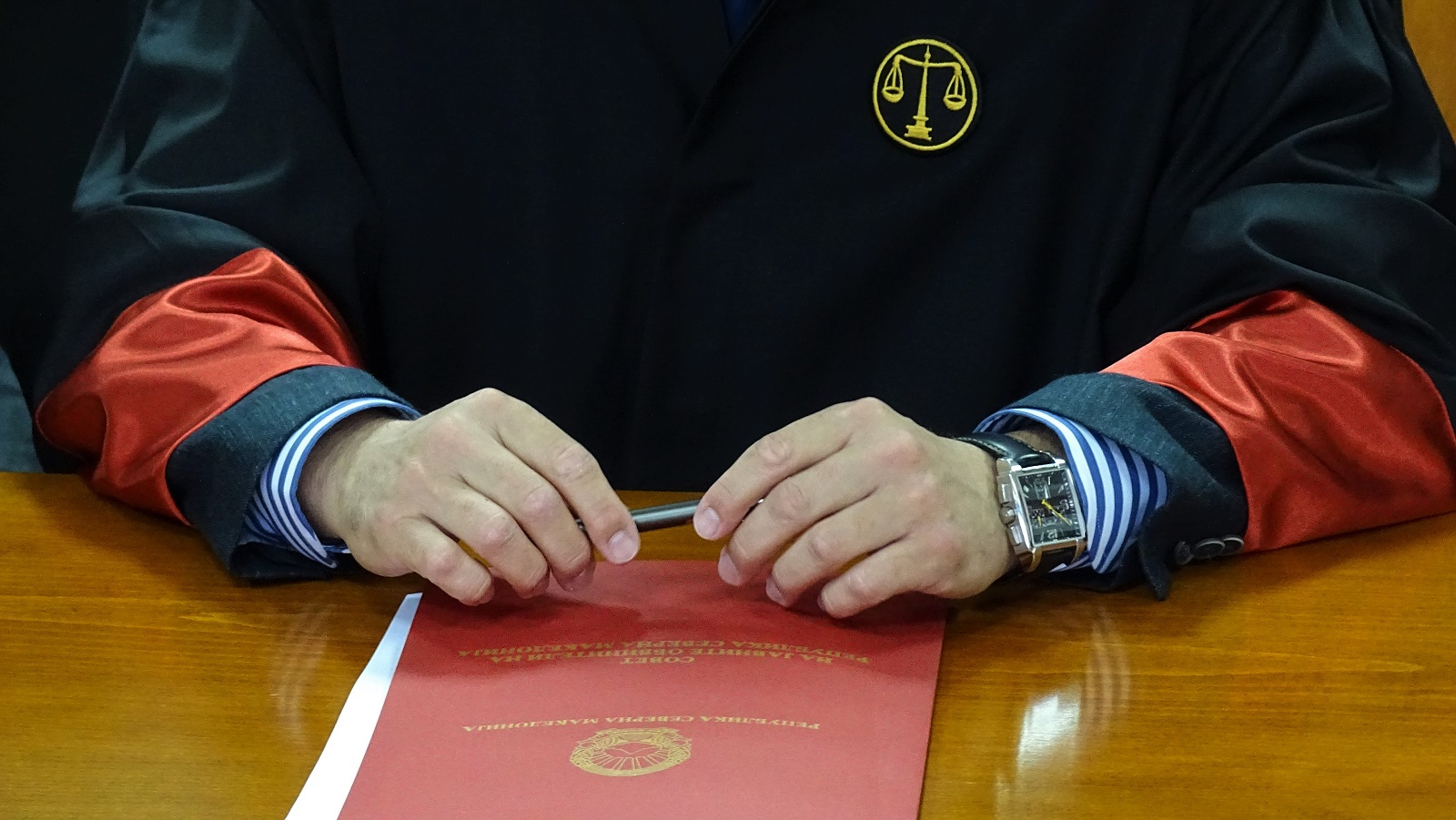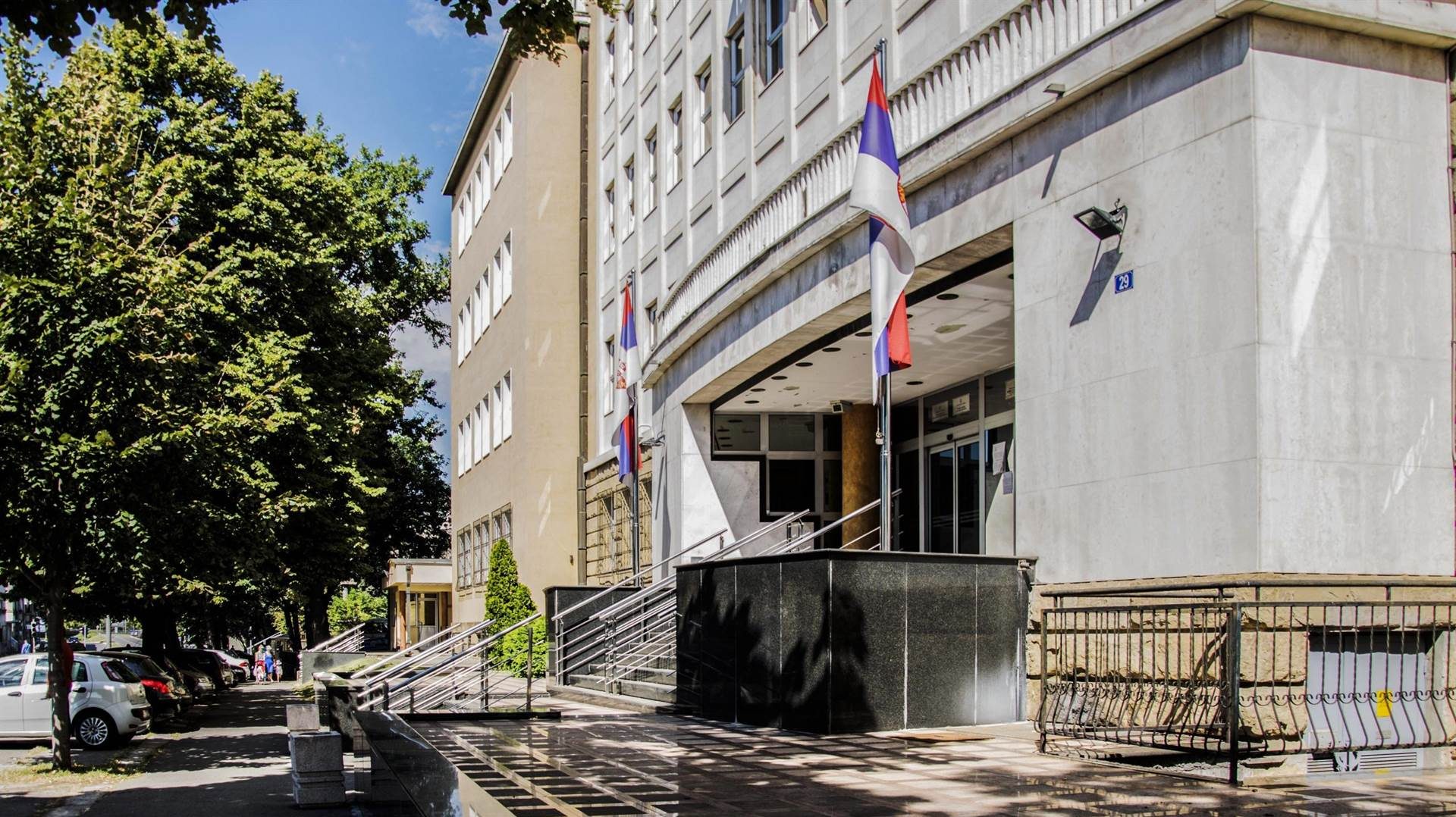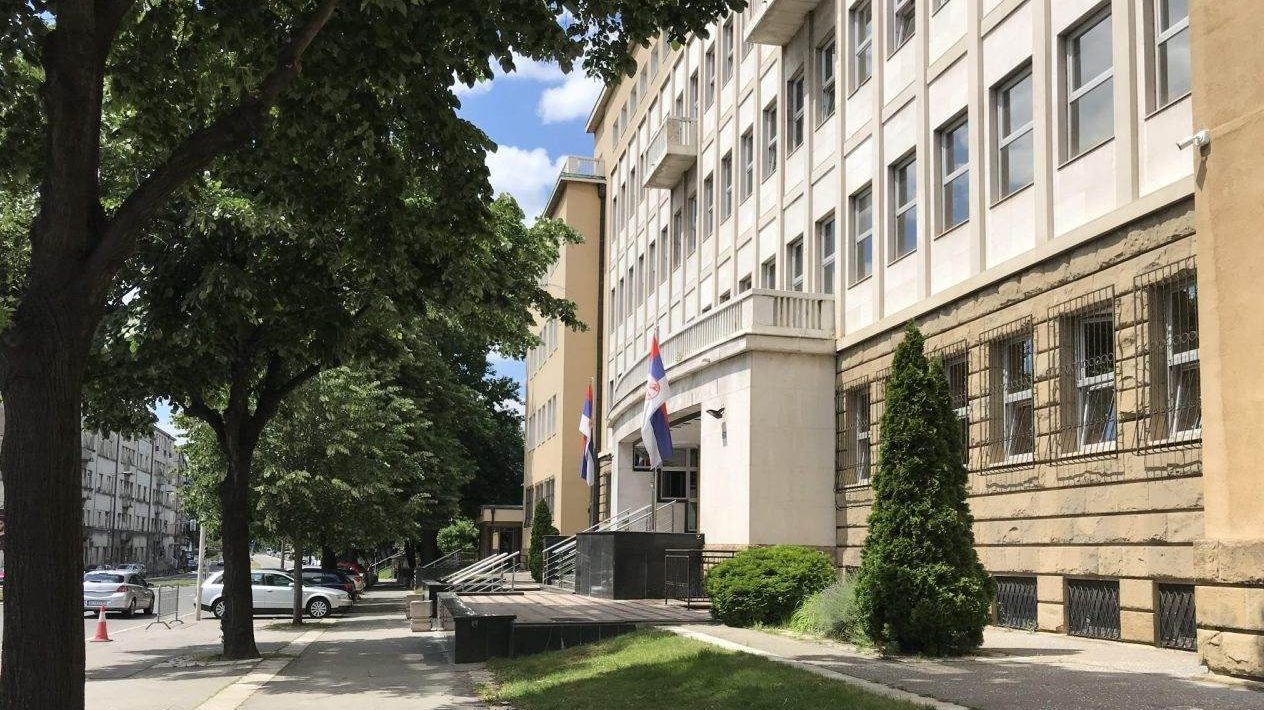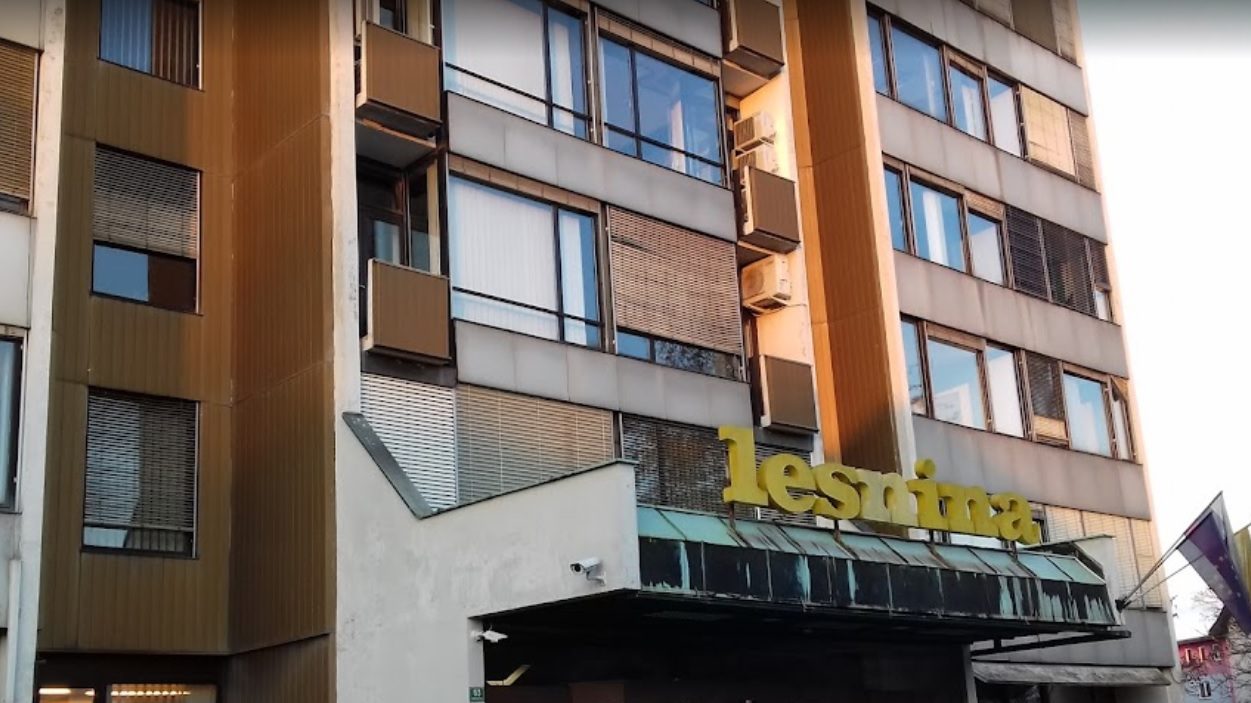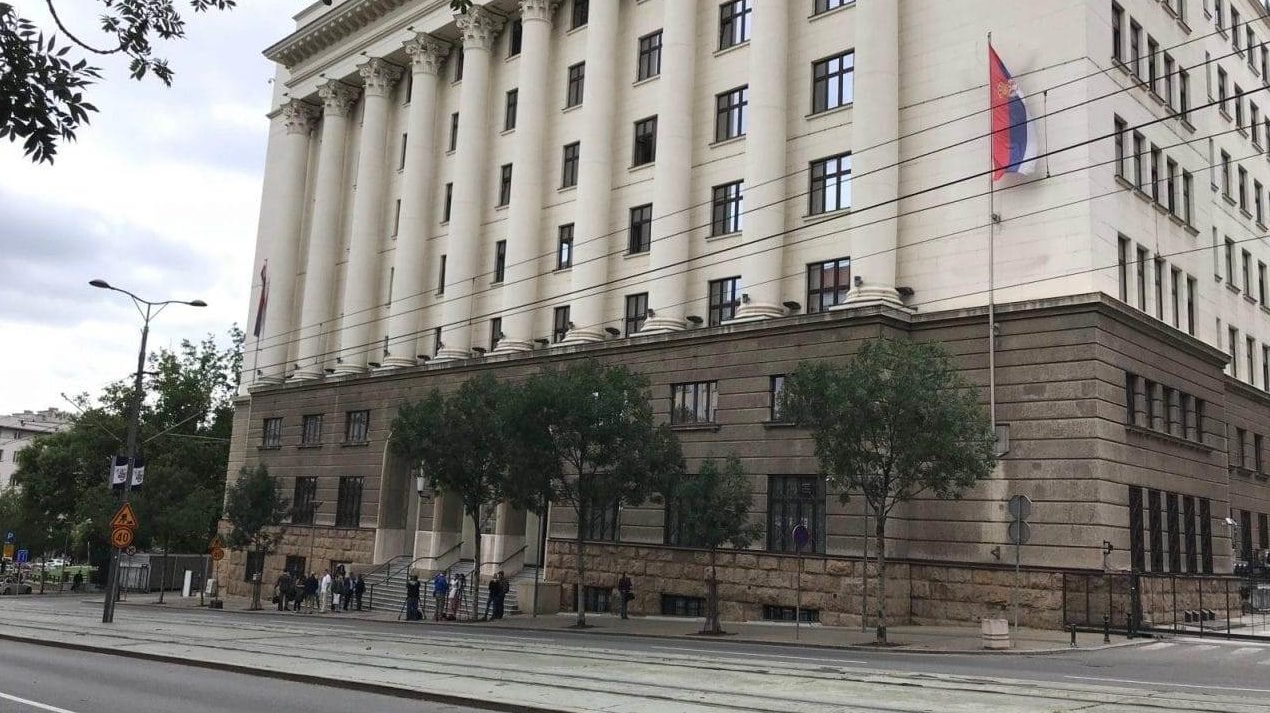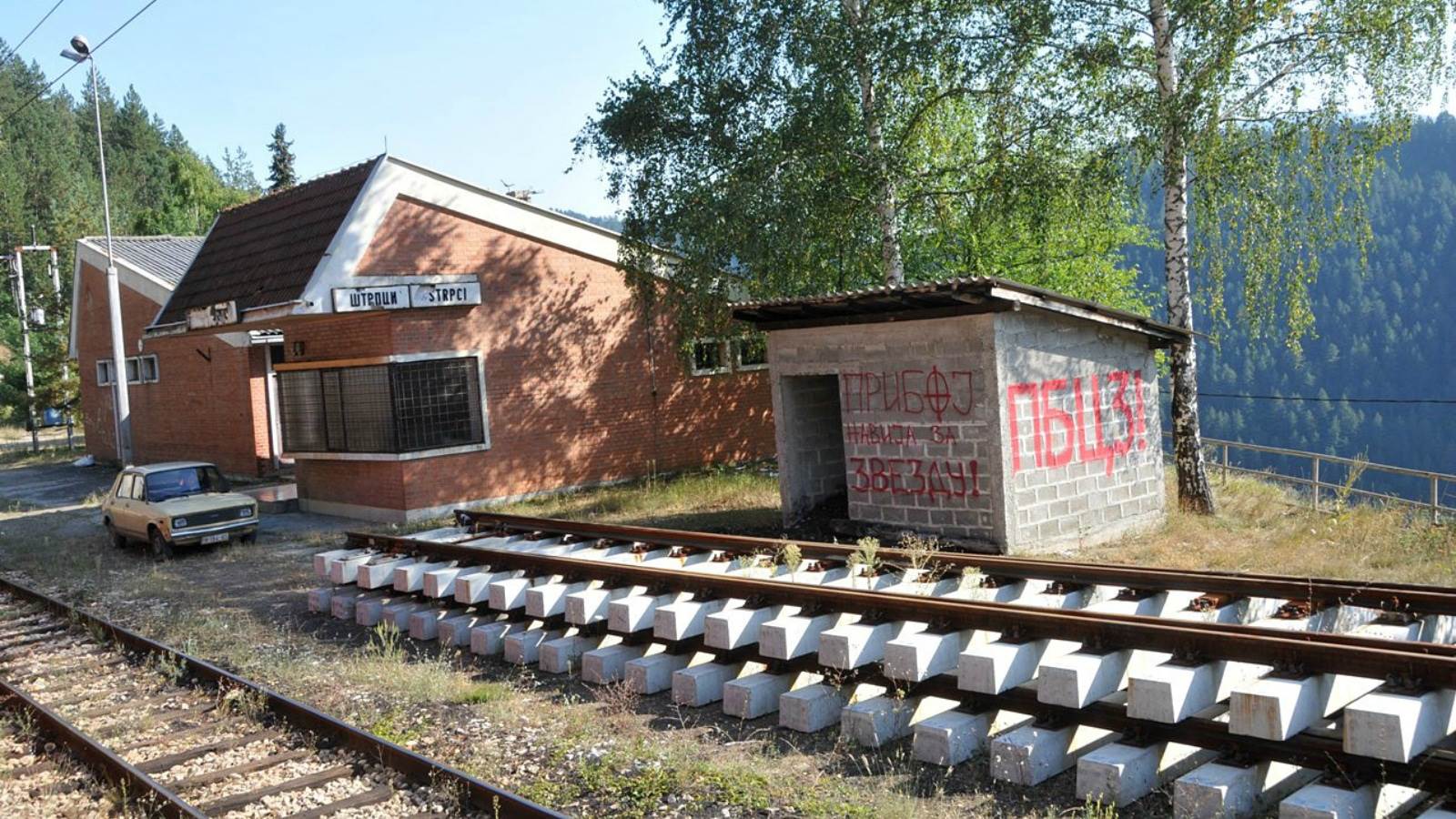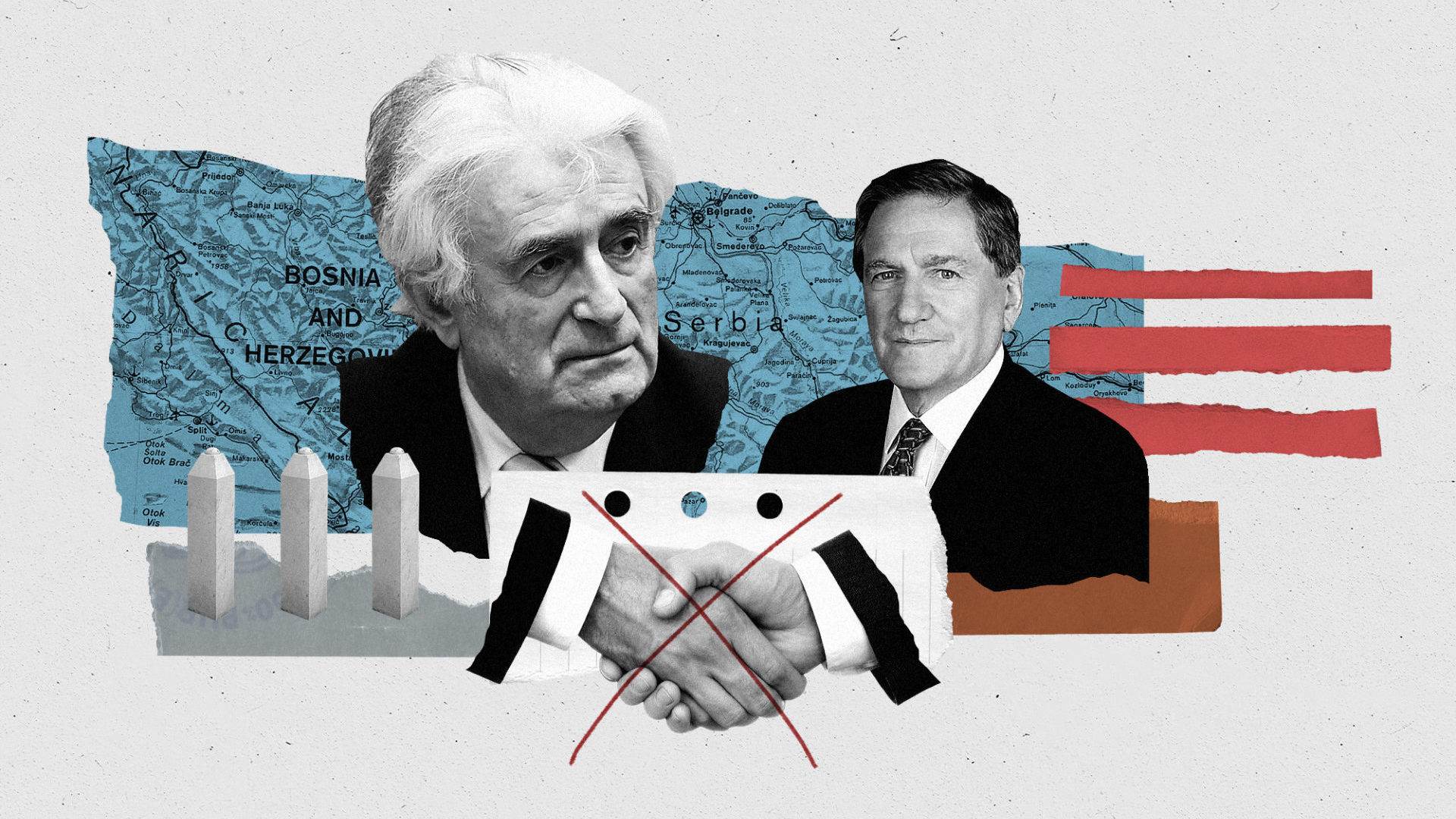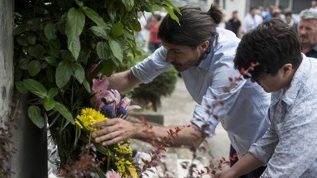Almost half of Albania’s judges and prosecutors have fallen foul of a much-hailed vetting process, but among its Balkan peers, scrutiny of asset declarations leaves much to be desired.
At the start of his trial in Belgrade for the killing of 51 non-Serbs in 1992, former reservist policeman Milorad Kotur explained how prisoners were taken from the Omarska detention...
In a retrial for wartime rape of a Bosniak woman who was held prisoner at a school in Kalinovik in south-eastern Bosnia, in 1992, a Belgrade court sentenced Dalibor Krstovic...
Slovenian media reports say two citizens of South American nationality have been arrested and charged with spying for Russia.
Husein Mujanovic’s sentence for abusing Serb civilian prisoners held in inhumane conditions in a Bosnian Army military prison in Hrasnica near Sarajevo in 1992 was reduced to four-and-a-half years on...
Medical experts said that a prosecution witness in the trial of four Serb ex-fighters accused of abducting passengers from a train at Strpci station during the Bosnian war and killing...
Children’s growing obsession with electronic gadgets has both parents and psychologists worried –with some experts warning of serious harm to their development.
Ratni lider bosanskih Srba, Radovan Karadžić, tvrdio je da je sklopio sporazum sa američkim diplomatom Richardom Holbrookeom da mu neće biti suđeno. Postoje li dokumenti u arhivi Haškog tribunala koji...
Since the Uborak and Sutina massacres, the most serious war crimes in the Herzegovina region during the 1990s conflict, the victims’ families have been calling for a dignified memorial, but...

